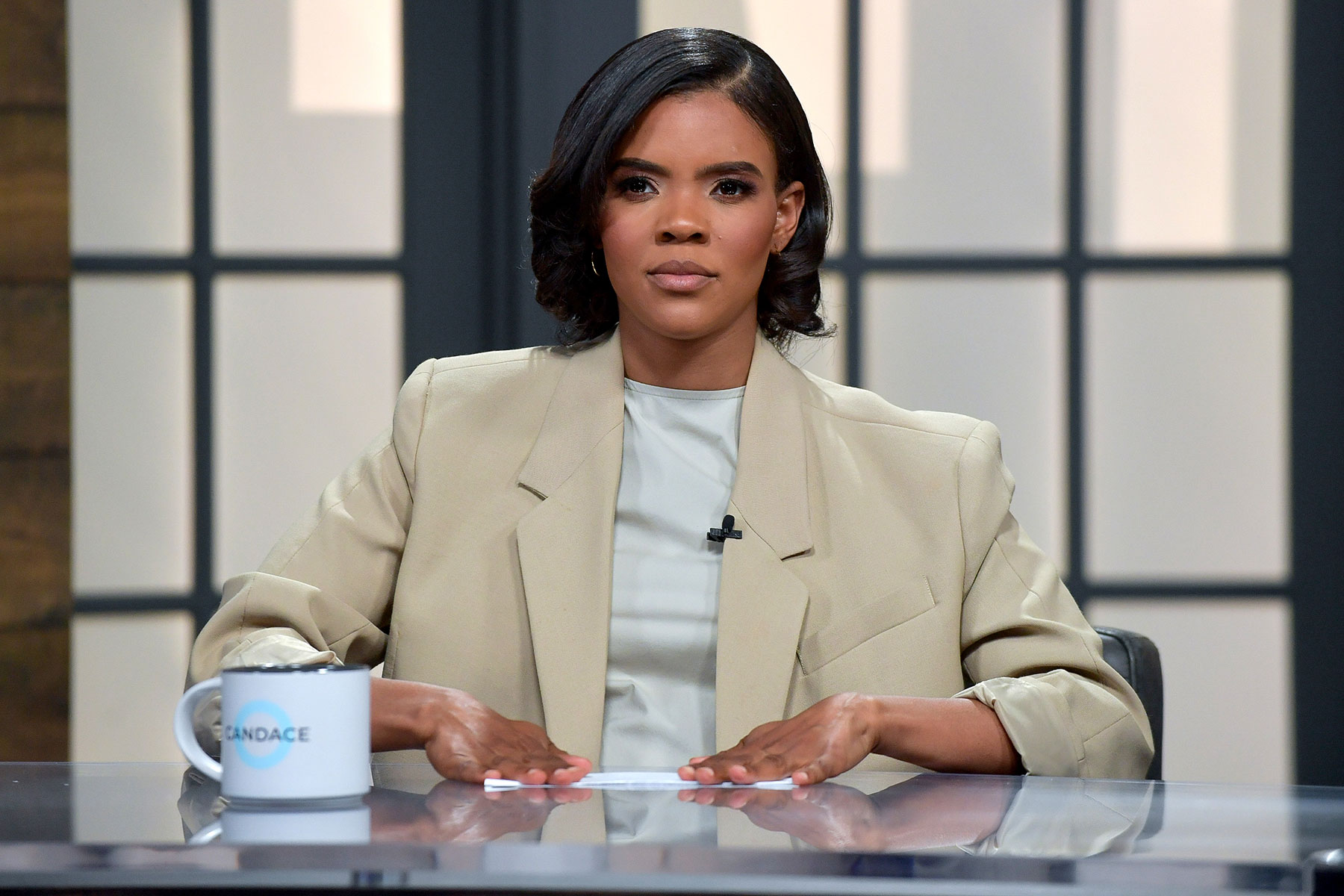
Taylor Swift’s “Cancelled!” and Its Potential Influences Explored
In the vast world of pop culture, sometimes echoes of controversies appear where least expected. Taylor Swift’s recent single “Cancelled!” from her new album The Life of a Showgirl presents a lyric that sparks curiosity and speculative connections to a well-known conservative commentator, Candace Owens.
The line in question, “Did you girlboss too close to the sun?”, is a modern twist on the mythological tale of Icarus, interwoven with contemporary social discourse. This phrase might sound familiar to those who have followed Owens’s comments on celebrity culture and feminism. Earlier, Owens made a remark in a YouTube video, describing Taylor Swift and Blake Lively as “girl bosses who flew too close to the sun,” a statement she reaffirmed in a TikTok video.
Swift’s artistry in embedding subtle nods or critiques towards her personal experiences and public perception in her music is well-documented. The lyrics of “Cancelled!” suggest a solidarity with those who have faced public scrutiny or backlash, much like Swift herself has in various phases of her career. While the song implicitly invites speculation on who might be the “cancelled” friend she refers to, some fans theorize it could be Brittany Mahomes, considering her public interactions. Others suggest Blake Lively, especially given her recent legal disputes.
Lively’s ongoing lawsuit with Justin Baldoni over alleged character defamation during and after their collaboration on It Ends With Us has been a tabloid mainstay. Despite Swift’s tangential connection to this case — through her friendship and rumored support for Lively — a judge decreed Swift’s non-involvement in deposition, although her communication with Lively might still play a part in court proceedings scheduled for 2026.
As the legal and public narratives unfold, Swift’s “Cancelled!” serves as a reminder of the complexities of public life and the often invisible lines between personal support and public perception.

